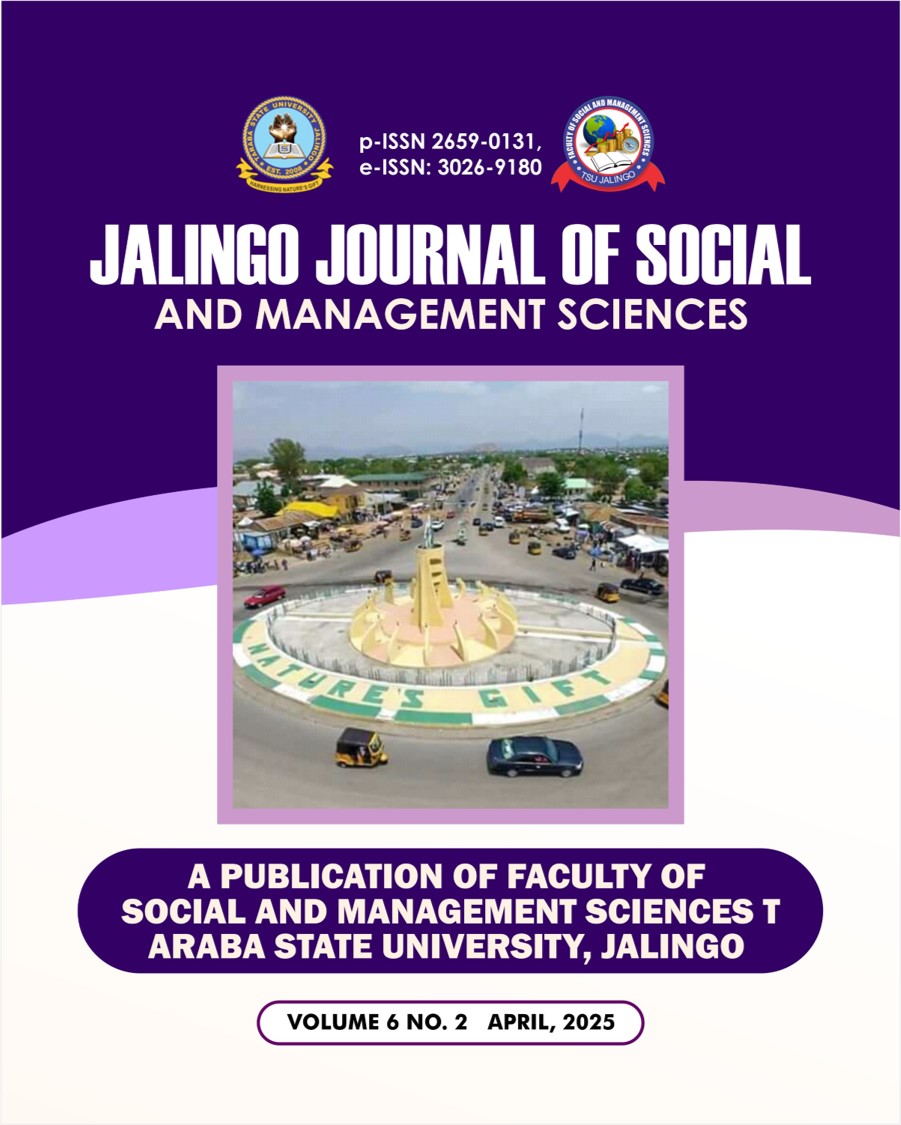Climate Change and the Administration of Educational Sector in Nigeria
Keywords:
Administration, Climate Change, Education, Implications, NigeriaAbstract
Climate change poses a multifaceted challenge to education in Nigeria, requiring a comprehensive understanding of its impacts and the development of adaptive strategies. This study synthesizes key insights from an in-depth examination of climate change and the administration of the educational sector in Nigeria. The Vulnerability, Impact and Adaptation (VIA) model provided a conceptual framework for the study as it emphasizes the interconnectedness of environmental shifts and educational systems. Vulnerability assessments revealed the exposure of educational infrastructure to climate-related risks, including extreme weather events and changing precipitation patterns. The implications extend beyond physical disruptions, affecting attendance rates, teachers’ well-being and community livelihoods. Mitigating these challenges necessitates adaptive measures embedded in climate-resilient education policies. Government initiatives are pivotal, focusing on infrastructural development, teacher training, and curriculum integration.
International collaborations and partnerships with global organizations contribute to resource mobilization, knowledge exchange, and capacity building. However, the study emphasizes that the effectiveness of these measures is contingent on community engagement, recognizing the contextspecific nature of vulnerability and adaptation. The findings of the study underscore the urgency of addressing climate change in education, emphasizing the collective responsibility of governments, communities and international stakeholders.

Downloads
Published
Issue
Section
License
Copyright (c) 2025 JALINGO JOURNAL OF SOCIAL AND MANAGEMENT SCIENCES

This work is licensed under a Creative Commons Attribution-NonCommercial 4.0 International License.
